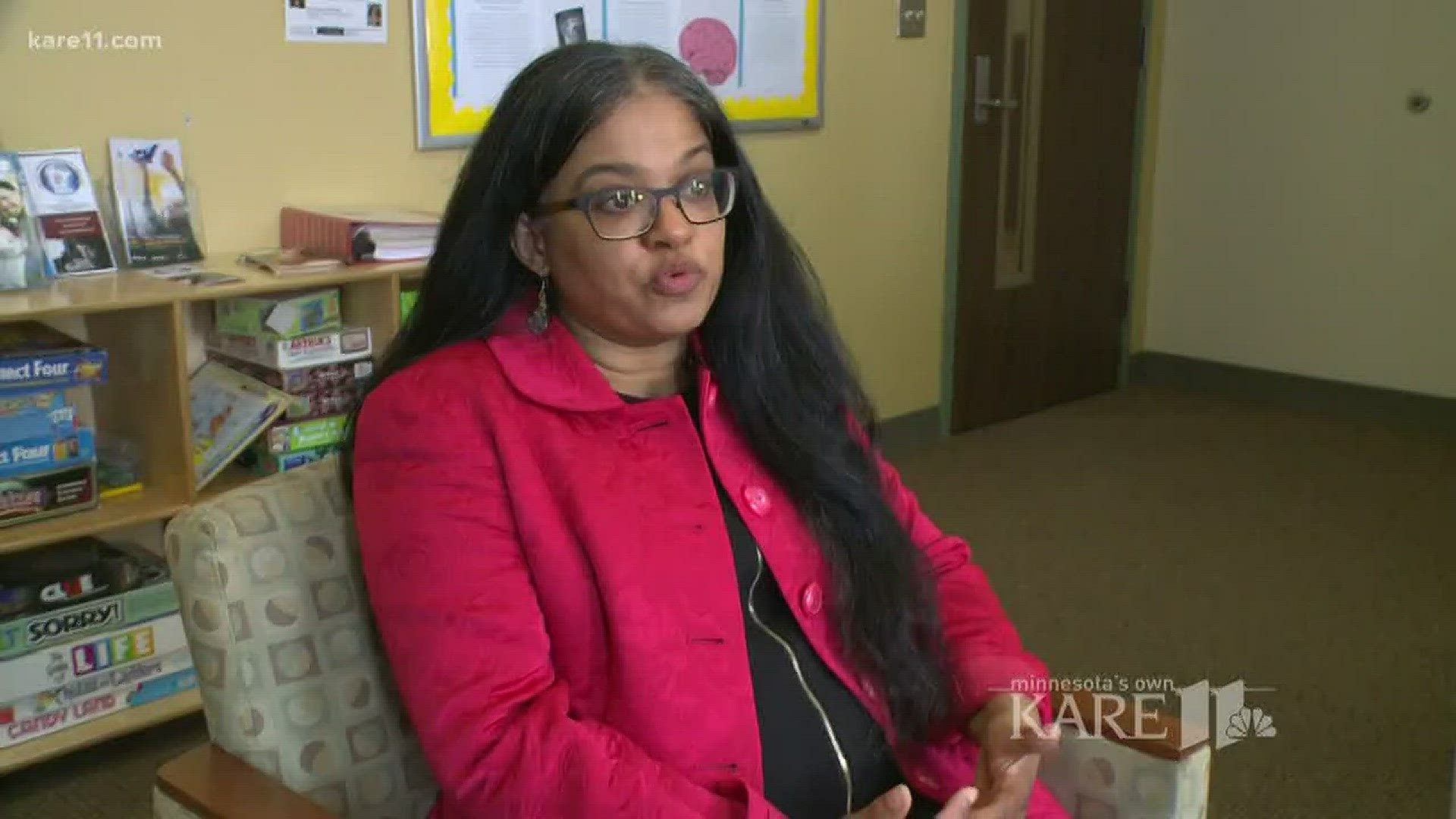MINNEAPOLIS - The largest study on autism in the United States still needs thousands of participants.
The University of Minnesota is one of more than 20 institutions that are a part of SPARK (Simons Foundation Powering Autism Research for Knowledge).
Now in its third year, the study's goal is to speed up research and understanding of autism.
UMN researchers have been collecting DNA from families in the region who are impacted by autism. They work with participants in Minnesota, the Dakotas and Wisconsin.
"The focus is to look at genetic contributions to autism and to get families to participate and get a really large group of families to be involved in a network," said Dr. Suma Jacob, UMN associate professor in the Department of Psychiatry and the Department of Pediatrics.
So far they have more than 4,000 families interested in the region; about 1,500 participants have an autism diagnosis.
"One of the challenges we've run into is that families are super, super busy and even though the study is designed to be done online on the computer, or through the mail or in your house, families will get busy. They'll start it and then they have trouble completing it," Dr. Jacob explained. "We have people dedicated to help families whenever they get stuck or if they have issues or challenges at any step."
The goal is to get 50,000 individuals with autism and their families involved in SPARK. Researchers collect DNA through saliva samples.
Families who are a part of the study are then connected to national resources. Some families are now starting to get genetic results back.
The first data released, called the SPARK Snapshot, included survey data that families filled out last year.
"One thing that we found is that over 40 percent of individuals ... have challenges with eating behaviors. This is a relatively understudied area in autism," Dr. Jacob said.
Researchers also found that about 7 percent of SPARK participants have seizure disorders. Seventeen percent of families in SPARK have had previous genetic testing relating to autism.
These findings can help researchers tailor future studies; families involved in SPARK can also choose to be a part of those studies.
"I really want families to know that we're a resource for them," Dr. Jacob said.
If families have questions or need help, they can contact staff at 612-624-0116 or email spark-mn@umn.edu.
You can also register at SPARKforAutism.org/UMinnesota.

